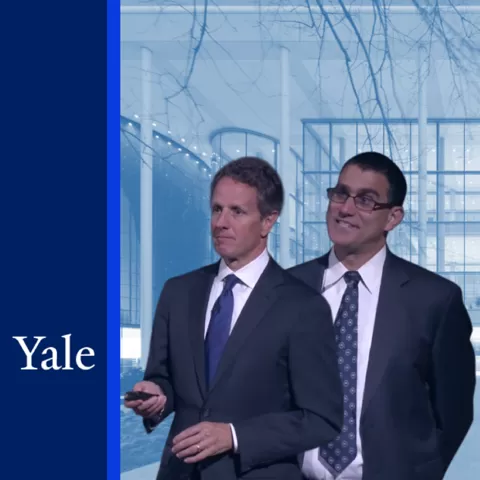We live in a complex world with diverse people, firms, and governments whose behaviors aggregate to produce novel, unexpected phenomena. We see political uprisings, market crashes, and a never ending array of social trends. How do we make sense of it? Models. Evidence shows that people who think with models consistently outperform those who don’t. And, moreover people who think with lots of models outperform people who use only one. Why do models make us better thinkers? Models help us to better organize information – to make sense of that fire hose or hairball of data (choose your metaphor) available on the Internet. Models improve our abilities to make accurate forecasts. They help us make better decisions and adopt more effective strategies. They even can improve our ability to design institutions and procedures. In this class, I present a starter kit of models: I start with models of tipping points. I move on to cover models explain the wisdom of crowds, models that show why some countries are rich and some are poor, and models that help unpack the strategic decisions of firm and politicians.
The models covered in this class provide a foundation for future social science classes, whether they be in economics, political science, business, or sociology. Mastering this material will give you a huge leg up in advanced courses. They also help you in life. Here’s how the course will work. For each model, I present a short, easily digestible overview lecture. Then, I’ll dig deeper. I’ll go into the technical details of the model. Those technical lectures won’t require calculus but be prepared for some algebra. For all the lectures, I’ll offer some questions and we’ll have quizzes and even a final exam. If you decide to do the deep dive, and take all the quizzes and the exam, you’ll receive a Course Certificate. If you just decide to follow along for the introductory lectures to gain some exposure that’s fine too. It’s all free. And it’s all here to help make you a better thinker!




